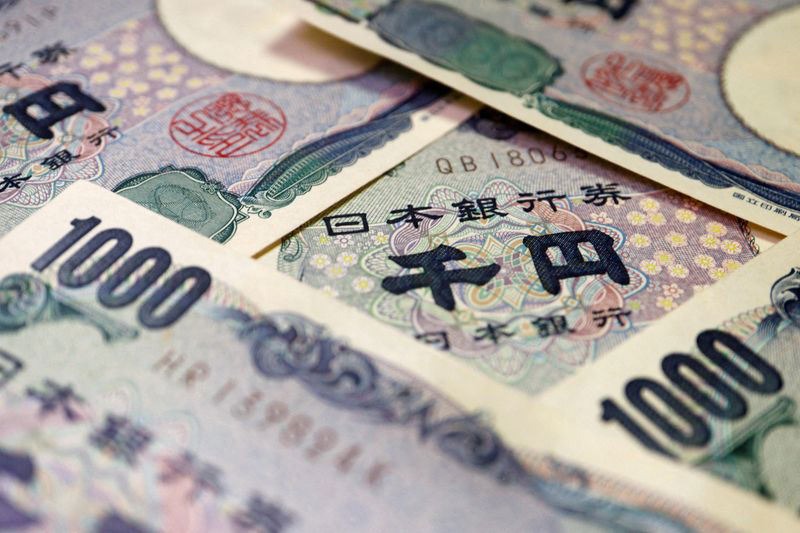

Japan’s Current Account Surplus Hits Record High in 2024 on Strong Investment Returns

Image Credit: Reuters
Japan's current account surplus surged to an all-time high in 2024, driven by a weaker yen that amplified returns on foreign investments, according to data from the finance ministry released on Monday. This increase comfortably offset the country's trade deficit.
The surplus reached 29.3 trillion yen ($192.67 billion), marking a 29.5% rise from the previous year and the highest level since records began in 1985.
The primary contributor was income from securities and direct overseas investments, which hit a record 40.2 trillion yen, reflecting Japanese companies' continued expansion abroad, including acquisitions.
Meanwhile, the trade deficit shrank by 40% to 3.9 trillion yen, supported by strong automobile and chipmaking equipment exports, alongside reduced energy import costs.
Japan’s travel surplus rose to 5.9 trillion yen, fueled by booming inbound tourism.
In December alone, the country posted a 1.08 trillion yen current account surplus, though this was lower than November’s 3.35 trillion yen.
Once seen as a reflection of Japan’s export strength and a stabilizer for the yen, the makeup of the country’s surplus has shifted in the past decade. Rising energy import costs and an increase in offshore manufacturing have eroded the trade surplus, leaving Japan reliant on primary income from overseas investments to balance the deficit.
However, much of this income remains reinvested abroad rather than repatriated, which some analysts suggest is contributing to the yen's weakness.
“There’s little incentive to bring funds home since overseas investments offer better returns,” said Takeshi Minami, chief economist at the Norinchukin Research Institute.
Japan now faces mounting pressure from the United States, its largest export market, to reduce its $68.5 billion annual trade surplus—a demand emphasized by President Donald Trump during Prime Minister Shigeru Ishiba’s recent White House visit.
(Exchange rate: $1 = 151.57 yen)
Paraphrasing text from "Reuters" all rights reserved by the original author

